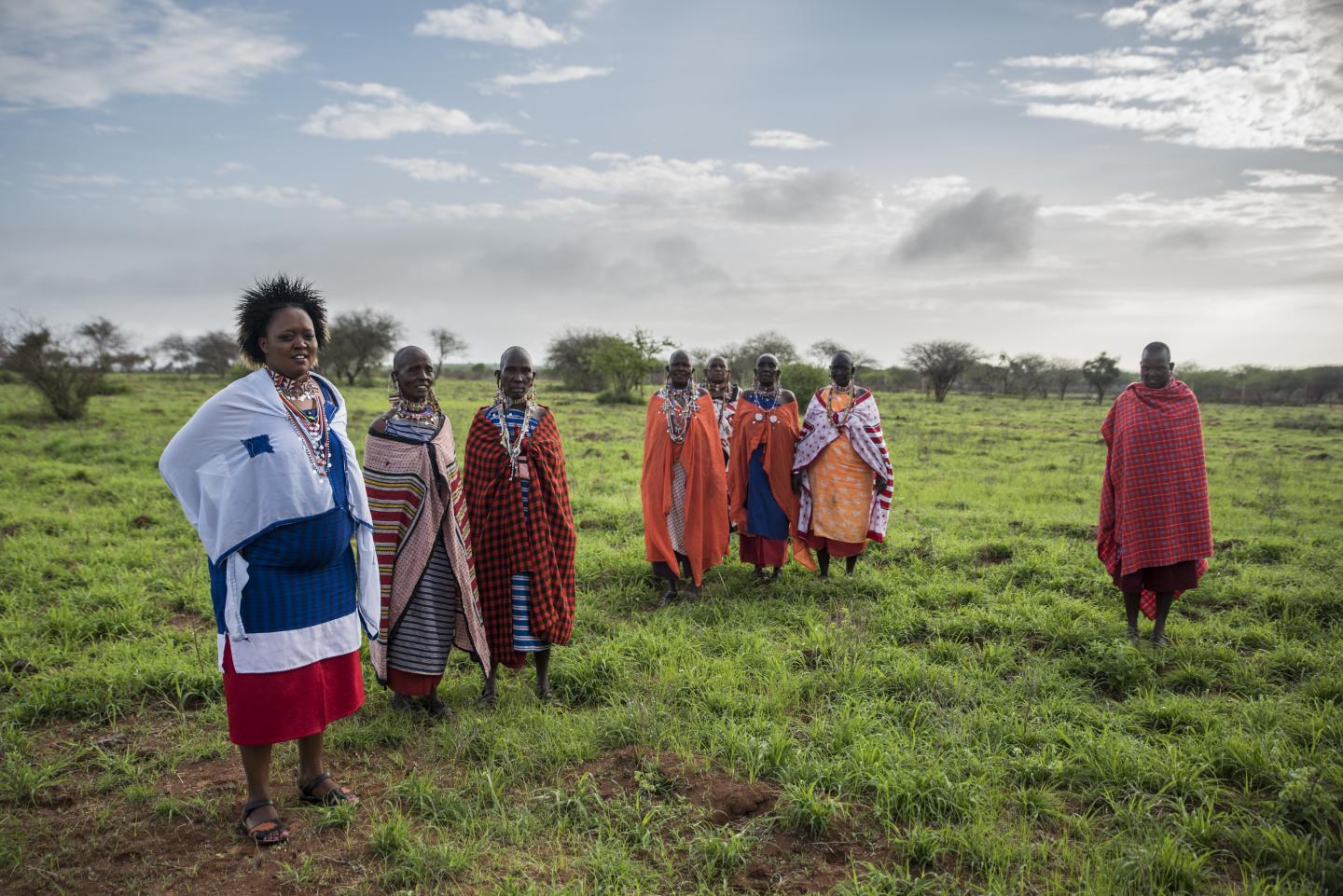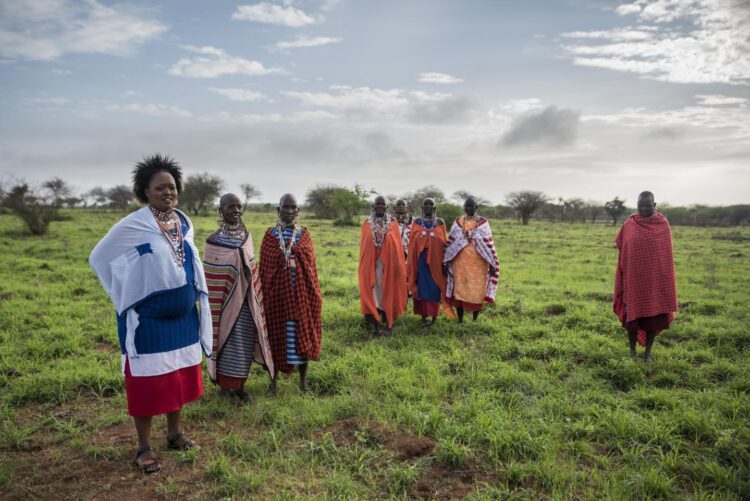An international study led by the ICTA-UAB states that recognizing indigenous peoples’ and local communities’ rights and agency is critical to addressing the current biodiversity crisis

Credit: Joan de la Malla
An international study led by the ICTA-UAB states that recognizing indigenous peoples’ and local communities’ rights and agency is critical to addressing the current biodiversity crisis
Policies established by the post-2020 Global Biodiversity Framework of the Convention on Biological Diversity (CBD) could be ineffective if the rights and agency of indigenous peoples and local communities are not recognized and fully incorporated into biodiversity management. This is supported by an international study led by the Institute of Environmental Science and Technology of the Universitat Autònoma de Barcelona (ICTA-UAB) and recently published in the journal Ambio.
The Convention on Biological Diversity is now working to formulate the goals that will frame global biodiversity policy in the years to come. This will be done through an ambitious international plan commonly known as the post-2020 Global Biodiversity Framework. The objective of this framework is to promote a profound transformation at the social level that allows halting biodiversity loss at global level. Unfortunately, the framework, as currently written, still has a long way to go towards fully recognizing Indigenous Peoples’ rights and agency, scientists argue.
“Indigenous Peoples’ and local communities’ understandings of nature align perfectly well with the Convention on Biological Diversity’s vision of Living in Harmony with Nature”, says ICREA Research Professor at the ICTA-UAB Victoria Reyes-García, leader of the study. “It seems paradoxical that global discussions on the collective future of the planet do not heed the voices of Indigenous Peoples’ and local communities, one of the groups of actors that has contributed the most to safeguarding the planet’s biodiversity”.
The study, signed by 21 scientists from all over the world, presents a set of arguments why foregrounding Indigenous Peoples’ and local communities’ rights and agency is essential to the success of future biodiversity policy. Based on an in-depth review of literature, the study highlights that Indigenous Peoples and local communities hold critical knowledge for setting realistic, legitimate and effective biodiversity targets.
“The Global Biodiversity Framework should recognize and address the views and perspectives of Indigenous Peoples and local communities”, states Dr. Álvaro Fernández-Llamazares, co-author of the study and researcher at the University of Helsinki. “There is crystal-clear evidence that their knowledge systems, practices and values have so much to offer in addressing the current biodiversity crisis”.
The authors argue that Indigenous Peoples’ and local communities’ participation in biodiversity policy contribute to recognizing and upholding human rights, and call on the Convention on Biological Diversity to fully recognize Indigenous Peoples’ and local communities not only as stakeholders, but also as rights, agency and knowledge-holders.
###
Media Contact
Isabel Lopera
[email protected]
Related Journal Article
http://dx.





